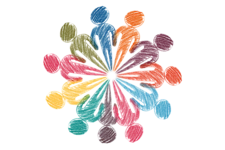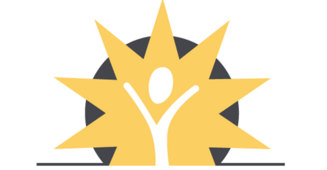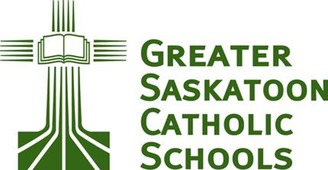Information Related to the Project
| Recommendation Twelve of the Truth and Reconciliation Commission of Canada’s Calls to Action states: “We call upon the federal, provincial, territorial, and Aboriginal governments to develop culturally appropriate early childhood education programs for Aboriginal families.”("Truth and Reconciliation Commission of Canada: Calls to Action", 2015) It is in response to this important recommendation that this resource has been created. This resource is informed by the Inspiring Success: First Nations and Métis PreK-12 Education Policy Framework whereby: “The Ministry of Education supports the foundational infusion of First Nations and Métis ways of knowing and mandatory treaty education at all grade levels and in all curricula. The belief systems and worldviews of First Nations and Métis peoples are based on recognizing and respecting the delicate balance of interdependence within oneself and with all living things in the environment, both tangible and intangible. Within this balance are elements of the physical, emotional, spiritual and mental, as well as teachings that have been passed down through generations. Coming to know, understand and practice these teachings represents an individual’s lifelong learning journey, and sets a goal for a lifelong pursuit to live life in balance. Indigenous knowledge has established customs with respect to acquiring and sharing of knowledge. Métis and First Nations educators, Elders, and Traditional Knowledge Keepers can help to navigate these systems and provide localized content and meaning, which is often found outside the classroom setting.” (Government of Saskatchewan, 2018) Key to this statement is the emphasis on consultation with Métis and First Nations educators, Elders, and Traditional Knowledge Keepers. This foundational understanding must be paramount when engaging in the Indigenous content within this resource. | The following understandings will guide the informed implementation of this resource2 : I. Culturally Informed Practice II. Connections with Land and Territory III. Indigenous Values and Systems of Knowledge |




